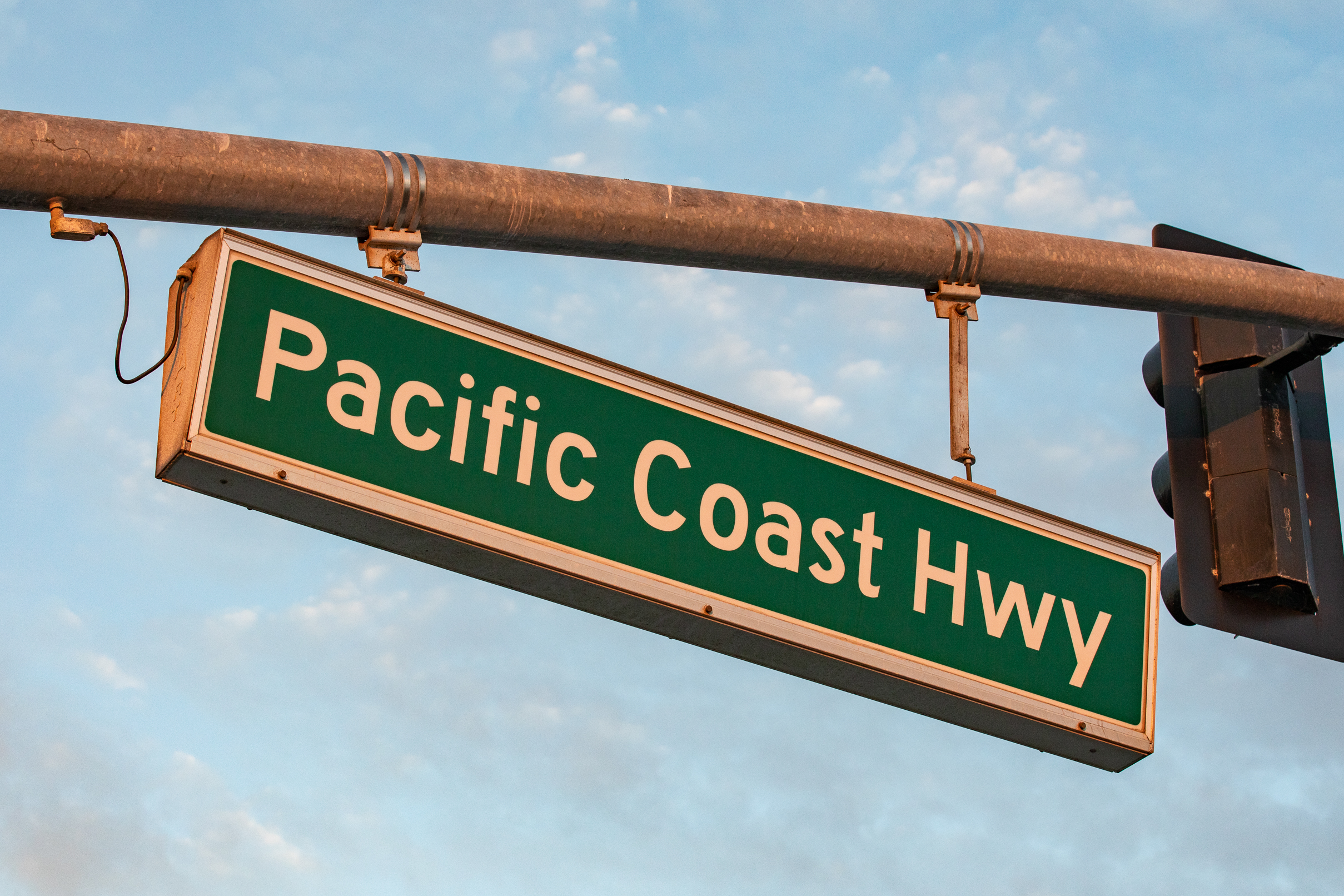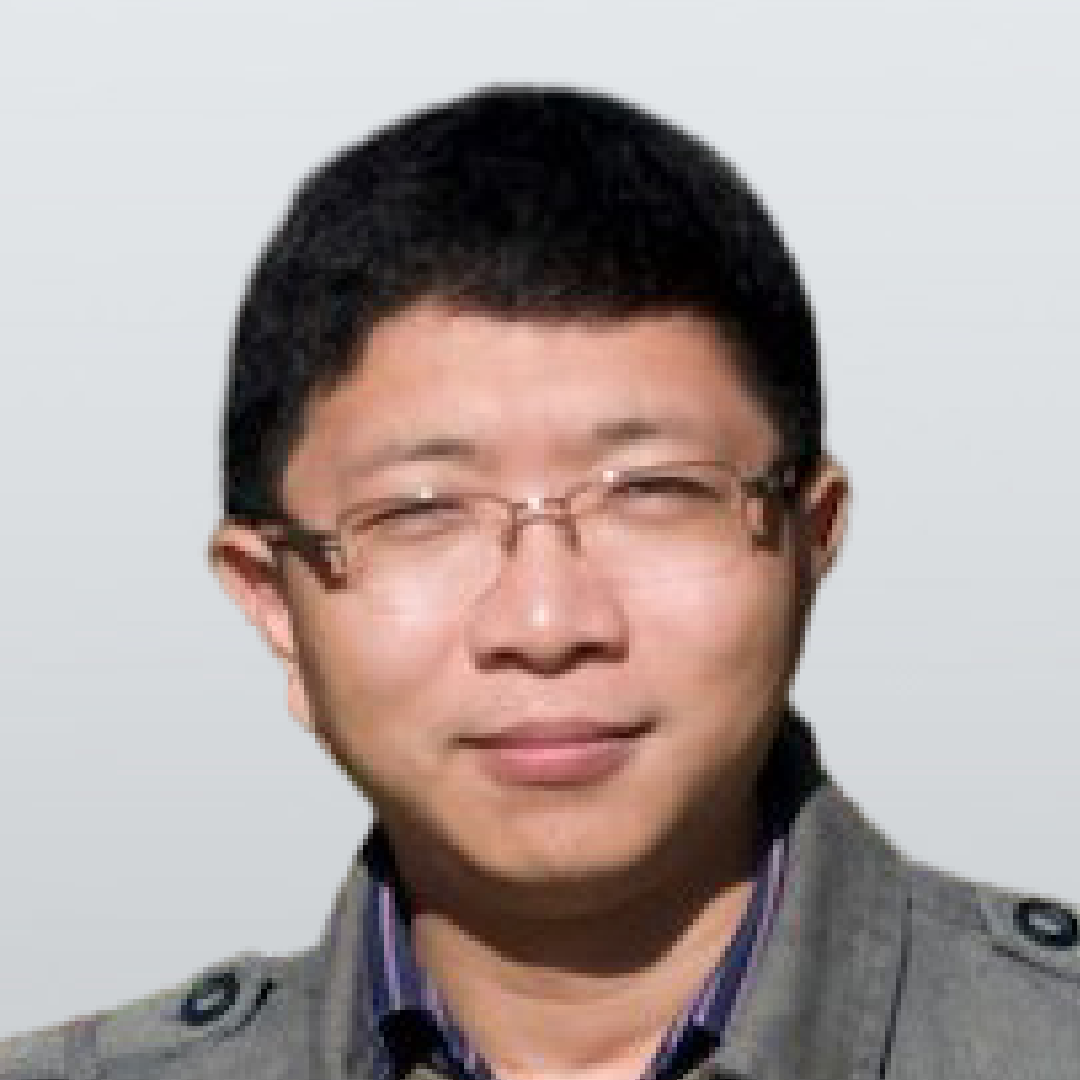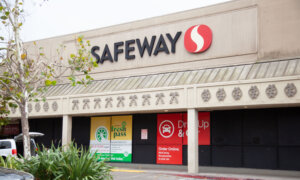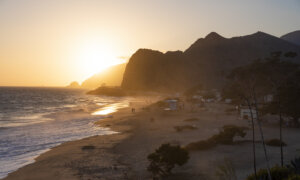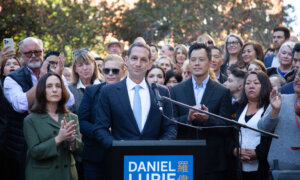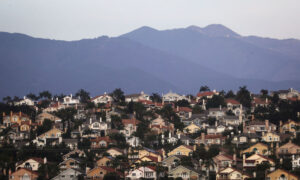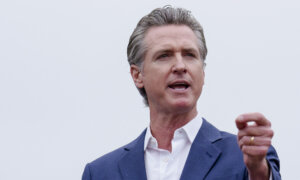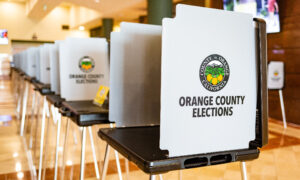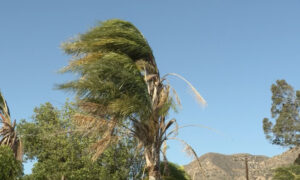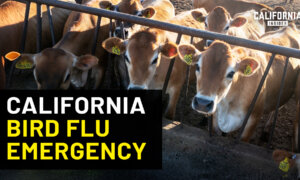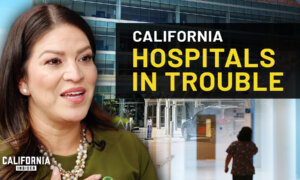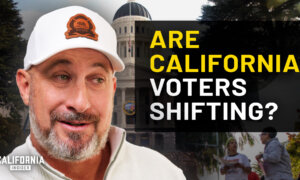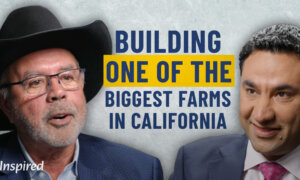San Francisco City passed measure K to prohibit private vehicles from using the Great Upper Highway and turn the 2-mile stretch of the westmost coastal highway into open recreation space.
Though there are about 18,200 ballots to count, 54.19 percent of voters have approved the proposition, at least 30,000 more than those who voted no, according to a Nov. 12 Department of Elections report.
The exact date of closure of the segment between Lincoln Way and Sloat Boulevard has not been decided yet. According to the ballot measure text, the Department of Planning and the Department of Recreation and Parks will have 180 days to get the necessary permits for the upcoming permanent closure.
Currently, the Upper Great Highway only closes on weekends and public holidays, following a pilot program after temporary closure due to low traffic during the COVID-19 pandemic.
The Great Highway, including the Upper Great Highway, has been under San Francisco park jurisdiction since the 1870s. The Board of Supervisors already voted in May to permanently close the other part, a 1.7-mile extension between Sloat Boulevard and Skyline Boulevard.
The ballot measure was the most controversial one in this year’s San Francisco election. Affected residents, mostly from Sunset District, said the elimination of the highway would cause traffic gridlocks and potential safety issues to the neighborhoods being used as replacement routes for more than 20,000 cars that used the Upper Great Highway during weekdays before the pandemic.
“Restricting private vehicles from the Upper Great Highway will further reduce automobile pollution in a sensitive coastal habitat, including runoff pollution, which is one of the primary contributors to oceanic pollution,” the ballot measure, which has support from State Sen. Scott Wiener and seven supervisors of the City, states.
San Franciscans voted in 2022 to make another road, John F. Kennedy Drive, in Golden Gate Park permanently car-free. The segment of the route had also been temporarily closed to private vehicles since the pandemic.
